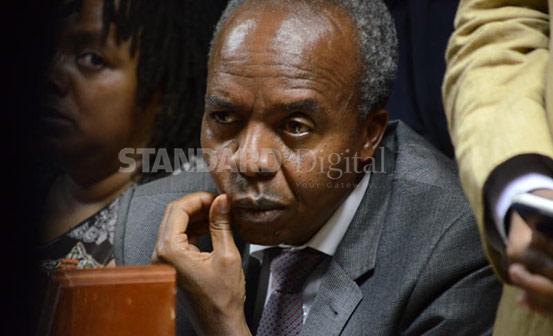×
The Standard e-Paper
Join Thousands Daily

The President violated the Constitution by ordering the anti-corruption commission to complete investigations against top State officials within 60 days, a court has ruled.
The judges said the President ought to respect the independence of constitutional offices and should not have given such a directive without taking into consideration the magnitude of the investigations involved.